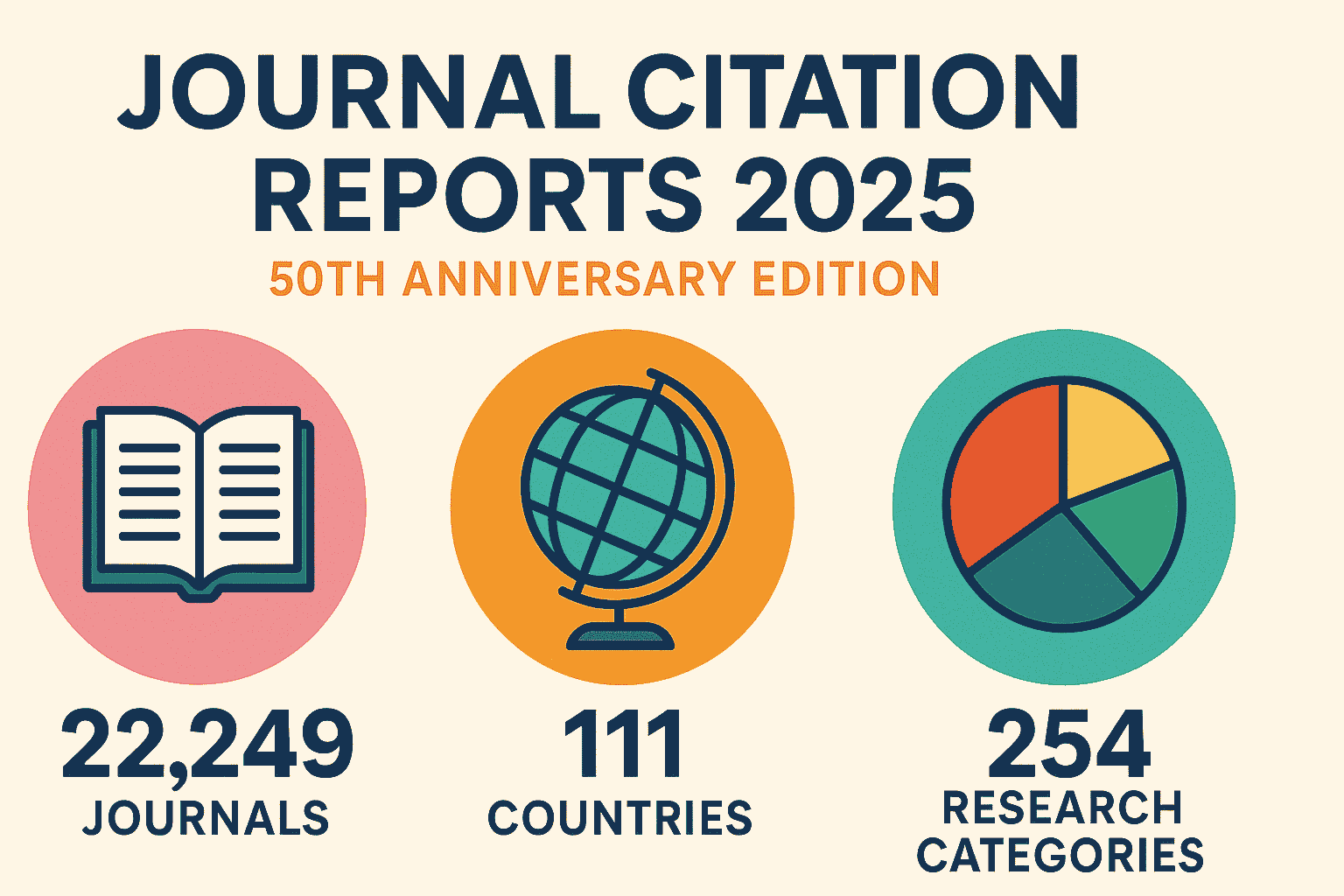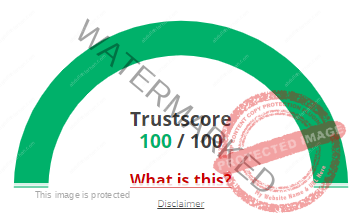Tags :Cancer microenvironment
Modulating tumor collagen fiber alignment for enhanced lung cancer immunotherapy via inhaled RNA Summary Inhaled RNA targeting HSP47, a key collagen chaperone, can modulate tumor collagen fiber alignment and enhance immunotherapy efficacy in lung cancer. Read More
Targeting LINC01711 in FAP+ cancer-associated fibroblasts overcomes lactate-mediated immunosuppression and enhances anti-PD-1 efficacy in lung adenocarcinoma Summary Targeting LINC01711 in cancer-associated fibroblasts (CAFs) expressing fibroblast activation protein (FAP) shows promise in overcoming immunosuppression in lung Read More
Targeting MondoA–TXNIP restores antitumour immunity in lactic-acid-induced immunosuppressive microenvironment Summary Cancer cells often produce high levels of lactic acid, creating an immunosuppressive microenvironment. This study investigates targeting the MondoA-TXNIP pathway in this lactic acid-rich Read More
Cancer-induced nerve injury promotes resistance to anti-PD-1 therapy Summary Cancer-induced nerve damage can foster resistance to anti-PD-1 immunotherapy. Specifically, nerves damaged by the tumor release neuropeptides that suppress immune cell activity, particularly T cell function. Read More
Integrative multi-omics reveals a regulatory and exhausted T-cell landscape in CLL and identifies galectin-9 as an immunotherapy target Summary This study used a comprehensive “multi-omics” approach (combining genomics, proteomics, etc.) to understand the T-cell environment Read More
The gut microbiota in cancer immunity and immunotherapy Summary The gut microbiota plays a crucial role in shaping both local and systemic immune responses, significantly impacting cancer development and response to immunotherapy. Specific bacterial species Read More
Real-world study of first-line immunotherapy combined with chemoradiotherapy in esophageal squamous cell carcinoma Summary A real-world study investigated the efficacy of first-line immunotherapy (likely PD-1/PD-L1 inhibitors) combined with chemoradiotherapy (CRT) in patients with esophageal Read More
No strain, no formate gains Summary The phrase “No strain, no formate gains” is a play on the adage “No pain, no gain.” It highlights the relationship between cellular stress (strain) and the production of Read More
Tumor-associated neutrophil precursors impair homologous DNA repair and promote sensitivity to PARP inhibition Summary Tumor-associated neutrophil precursors (TANPs) disrupt homologous recombination (HR), a crucial DNA repair mechanism, in cancer cells. TANPs achieve this by secreting Read More
AR+TREM2+ macrophage induced pathogenic immunosuppression promotes prostate cancer progression Summary Prostate cancer progression can be fueled by a specific type of macrophage called AR+TREM2+ macrophages. These macrophages, characterized by the androgen receptor (AR) Read More







